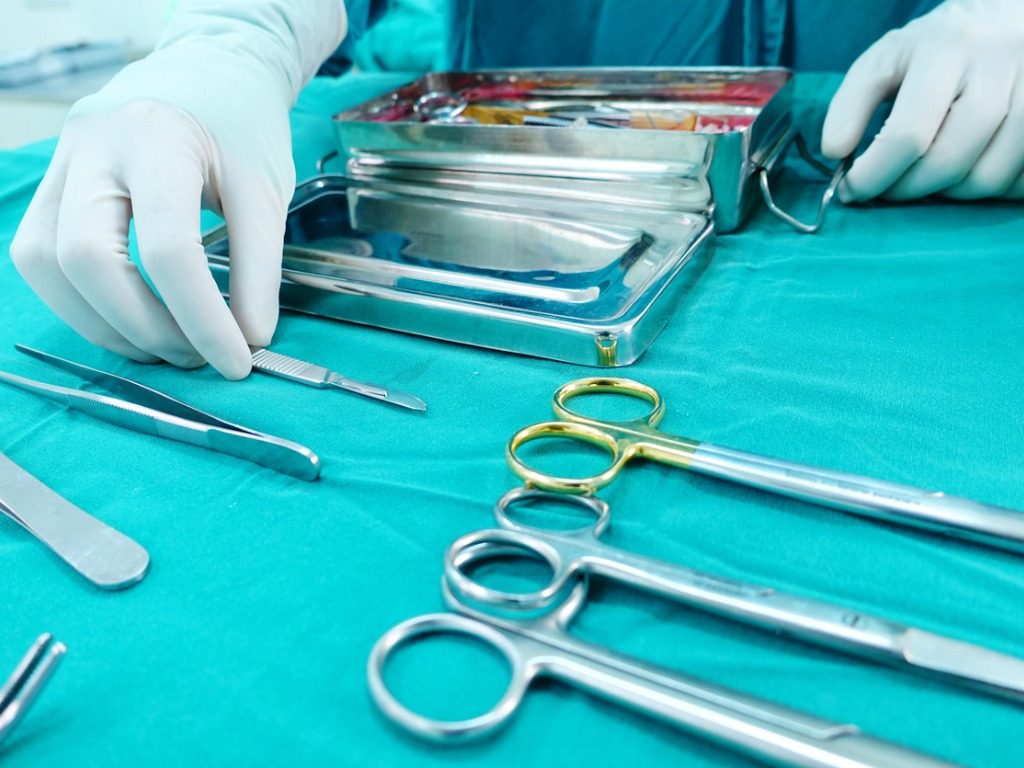In the fast-paced world of healthcare, every role is vital to ensuring patient safety and the smooth operation of medical facilities. Among these roles, the Central Sterile Processing Technician (CSPT) stands out as a crucial player in maintaining the cleanliness and sterility of medical instruments and equipment. Their work ensures that all tools are safe for patient use, which is critical in preventing infections and complications.
CSPTs are responsible for the cleaning, sterilization, and preparation of medical instruments used in surgeries and various medical procedures. Their responsibilities include decontaminating instruments, where they remove contaminants using ultrasonic cleaners, disinfectants, and sterilization equipment. After decontamination, the instruments must be sterilized using methods such as steam sterilization, ethylene oxide gas, or hydrogen peroxide plasma to ensure that all bacteria, viruses, and other pathogens are eliminated.
Once sterilized, instruments need to be properly packaged to maintain their sterility until they are needed in the operating room. This involves using appropriate materials that can withstand the sterilization process and keep the instruments safe. Additionally, CSPTs manage the inventory of sterile supplies and instruments, ensuring that all necessary items are available and in good condition. They must adhere to strict protocols and guidelines, conducting regular checks to ensure compliance with safety and sterilization standards.
To be successful as a CSPT, several key skills are essential. Attention to detail is critical, as any errors could jeopardize patient safety. Familiarity with sterilization equipment and processes is crucial, requiring CSPTs to be trained in the latest technologies and methods. Problem-solving abilities are important for troubleshooting challenges, such as equipment malfunctions or supply shortages. Clear communication skills are also necessary, as CSPTs often work closely with other healthcare professionals to ensure everyone is on the same page regarding sterilization protocols and equipment availability.
Becoming a Central Sterile Processing Technician requires specialized training. Institutions like the Medical Training Institute of New York offer comprehensive programs that equip students with the knowledge and skills needed for this important role. The typical pathway includes the completion of a training program that covers the essential aspects of sterile processing, including microbiology, sterilization techniques, and safety protocols. While certification is not always mandatory, obtaining a credential from a recognized body, such as the Certification Board for Sterile Processing and Distribution (CBSPD), can enhance job prospects and credibility. Many CSPTs gain hands-on experience through internships or entry-level positions, allowing them to apply their training in a real-world setting.

Given the advancements in medical technology and sterilization techniques, ongoing education is important for CSPTs. Many organizations offer workshops and courses to help technicians stay current with best practices and innovations in the field. The demand for Central Sterile Processing Technicians is growing, driven by the increasing complexity of medical procedures and the heightened focus on patient safety. According to the U.S. Bureau of Labor Statistics, employment for medical and clinical laboratory technicians, which includes CSPTs, is expected to grow significantly in the coming years.
CSPTs can find employment in various healthcare settings, including hospitals, surgical centers, and dental offices. Hospitals are the largest employers of CSPTs, where they play an integral role in surgical departments. Surgical centers, which perform outpatient surgeries, also rely on CSPTs to maintain instrument sterility. Additionally, dental practices require CSPTs to ensure the sterility of instruments used in dental procedures.
While salaries can vary based on location, experience, and the specific healthcare setting, CSPTs typically earn a competitive wage. Entry-level positions may start around $30,000 to $40,000 annually, with experienced technicians earning upwards of $60,000.
The role of a Central Sterile Processing Technician is both challenging and rewarding. As the backbone of infection control in healthcare settings, CSPTs ensure that surgical instruments are safe for use, ultimately protecting patient health. With specialized training and a commitment to excellence, individuals in this field contribute significantly to the quality of care delivered in medical facilities. If you’re considering a career in healthcare, becoming a CSPT could be a fulfilling path. With ongoing demand for skilled professionals and the opportunity to make a real difference in patient care, it’s an excellent choice for those interested in the medical field. For more information on training programs, such as those offered by the Medical Training Institute of New York, explore their website and take the first step towards a rewarding career today!




